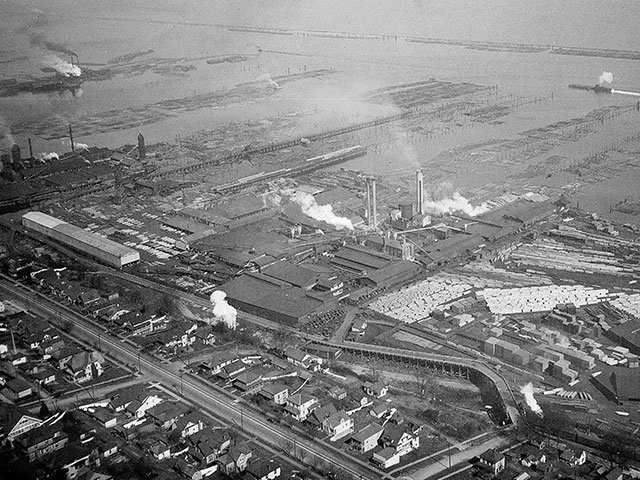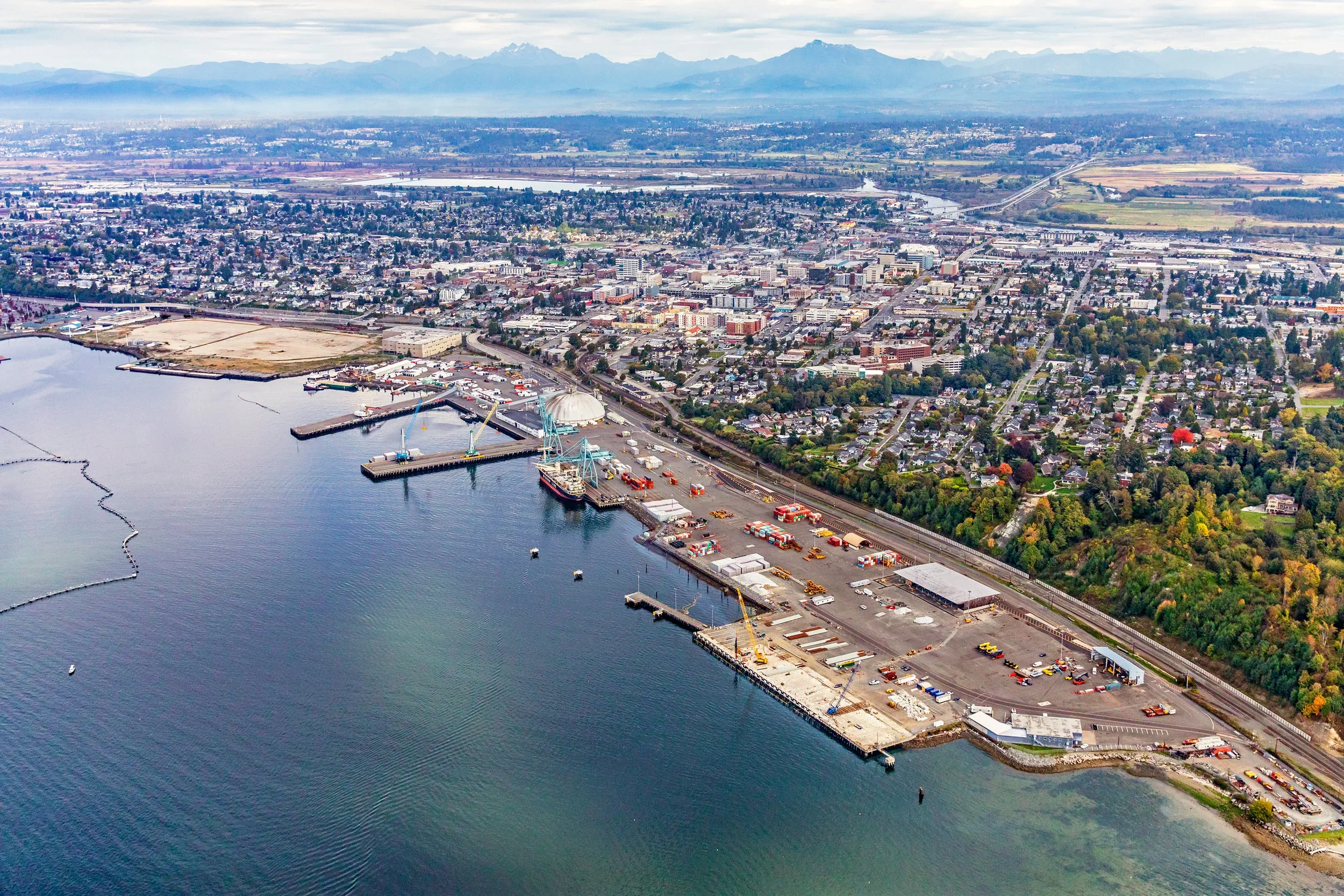Everett’s Skyline: Past, Present, and Future
A City by the Bay with Big Plans
Everett, Washington, may not have the skyscraper-filled horizon of Seattle or Bellevue, but its skyline tells a story all its own: a story of industry, culture, and steady growth. Nestled on the shores of Port Gardner Bay, Everett began as a bustling mill town in the late 1800s. Timber and shipping drove early development, while the arrival of Boeing in the 1960s cemented Everett’s reputation as a hub of innovation and industry.
Today, Everett blends historic brick facades with modern glass towers. And while its tallest buildings might not scrape the clouds, they stand as proud landmarks, each playing a role in the city’s economic and cultural life.
The Skyline’s Past: From Mills to Mid-Rises
Everett’s first “tall” structures were more about function than form: grain elevators, mill towers, and industrial cranes along the waterfront. In the mid-20th century, civic pride spurred construction of taller municipal buildings and commercial towers downtown, like the County-City Building and the Colby Square Building.
These structures reflected Everett’s transition from a purely industrial hub to a diversified city center. Early elevators in these buildings were simple by today’s standards, but they opened the door (literally) to the idea of vertical growth in the city.
Historic Everett waterfront (circa 1928): Captures Everett’s lumber and shingle industry roots, reflecting its early industrial skyline.
The Skyline’s Present: A Blend of Old and New
In the past two decades, Everett’s skyline has welcomed new residential and mixed-use developments. Buildings like Potala Place and Marriott Courtyard Everett combine modern amenities with scenic views of the bay and mountains.
Commercial centers such as the Everett Public Schools Building and Providence Regional Medical Center add height and presence, serving thousands of people each day. Reliable elevator systems in these high-traffic environments are crucial, whether moving patients, employees, or residents.
Modern downtown skyline view.
The Skyline’s Future: Going Vertical with Purpose
Everett’s growth plans include taller residential complexes, waterfront redevelopment, and transit-oriented projects near the new light rail extension. These will inevitably bring more multi-story structures to the city, meaning elevators will play an even bigger role in everyday life.
With sustainability and accessibility as priorities, new elevators will be smarter, faster, and more energy-efficient, keeping pace with Everett’s evolving skyline.
Waterfront redevelopment and urban transformation.
Elevators: The Unsung Heroes of Everett’s Skyline
No matter the era, elevators are the heartbeat of vertical living and working. From maintaining smooth rides in Everett’s oldest office towers to installing state-of-the-art systems in new construction, Olympic Elevator keeps the city moving… up and down.
As Everett continues to grow upward, we’ll be here to ensure every floor is just a button-push away.



